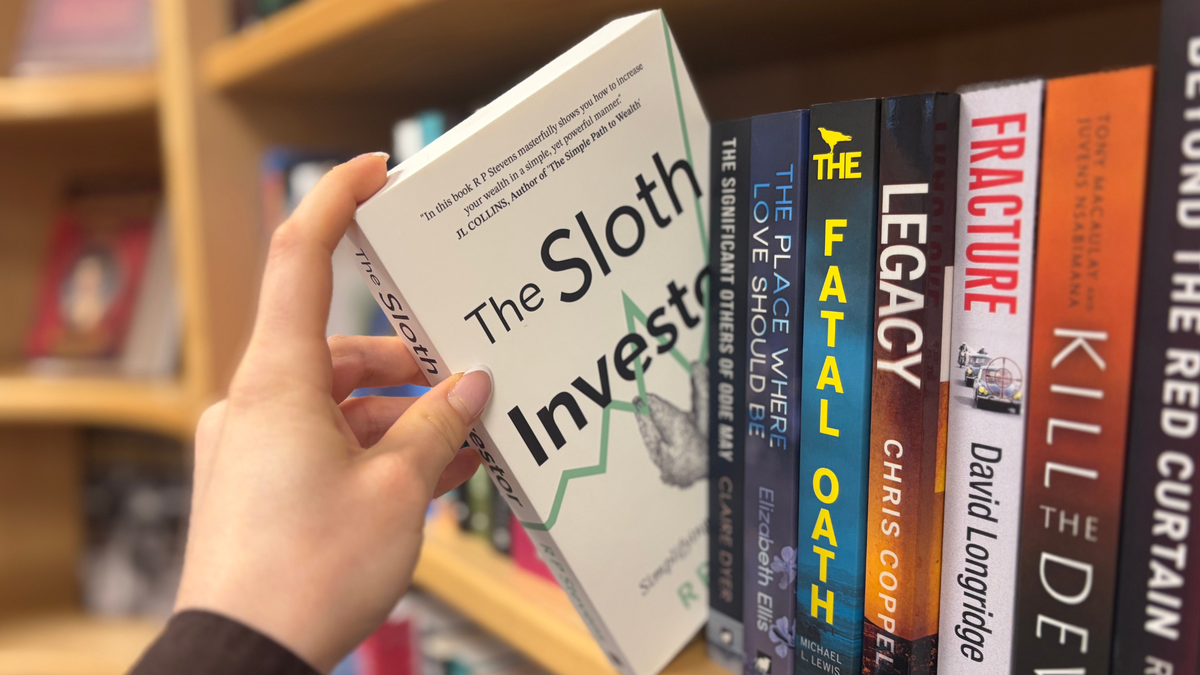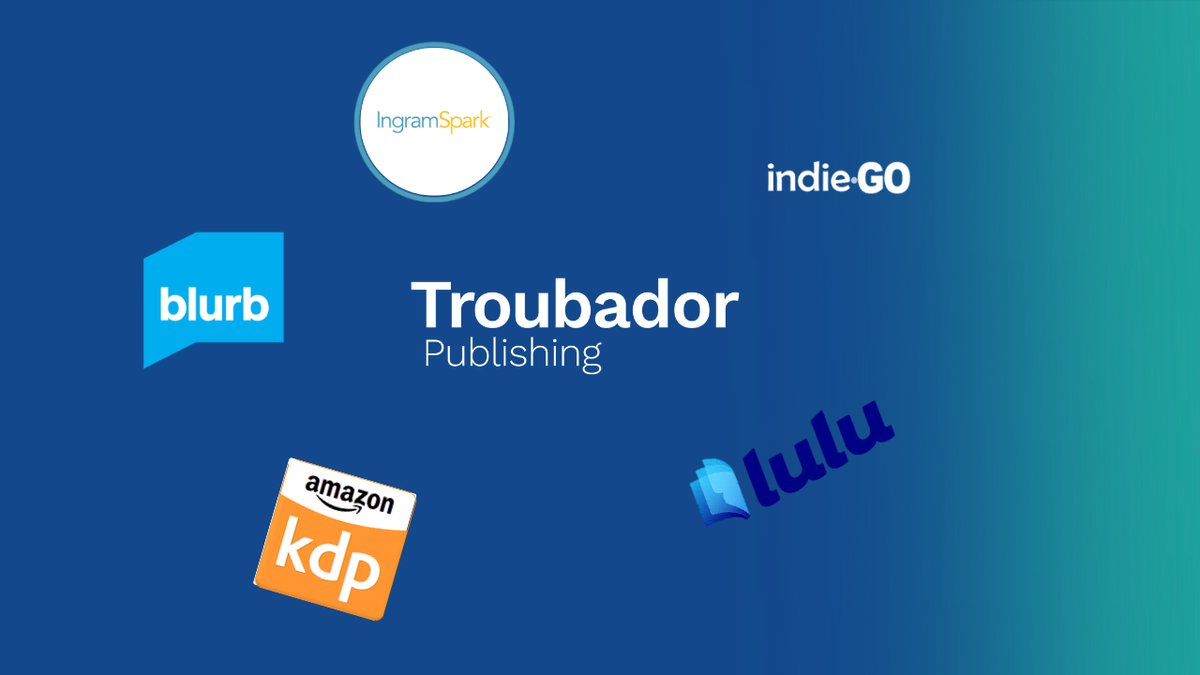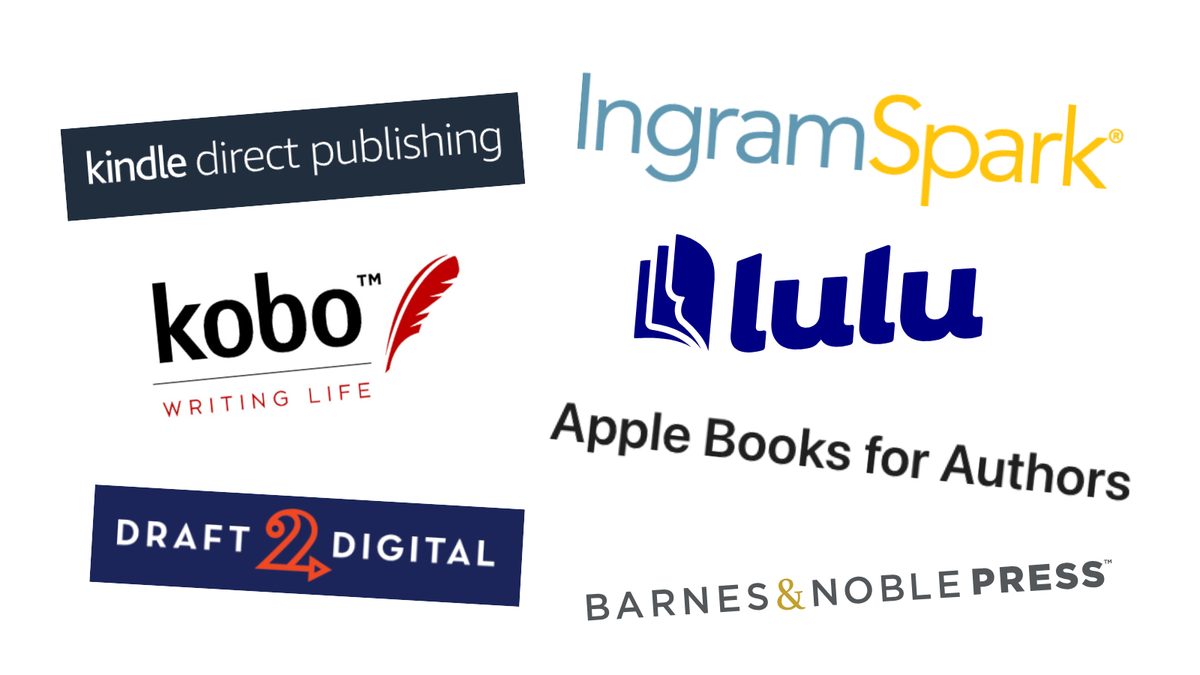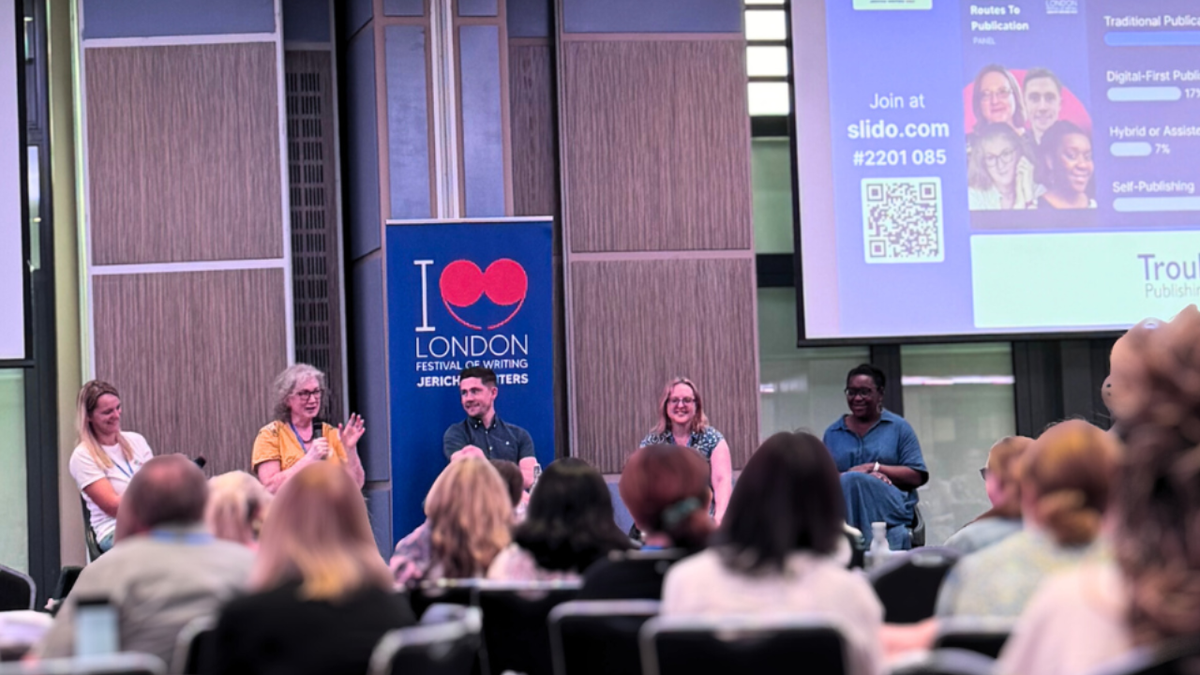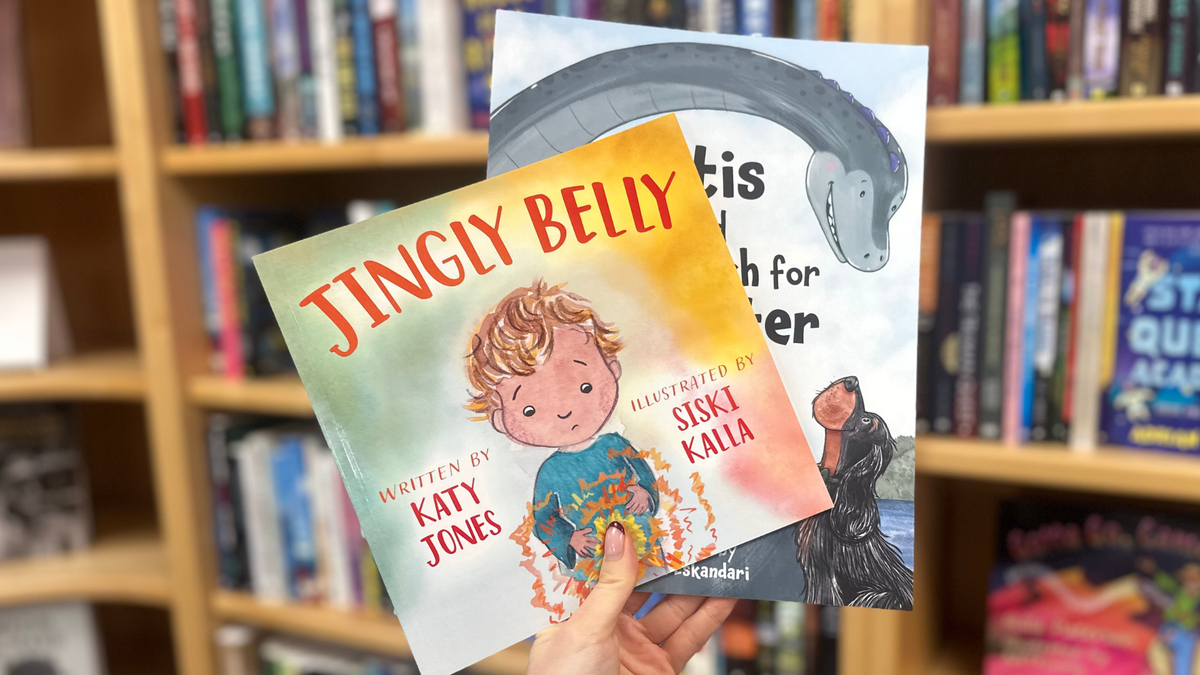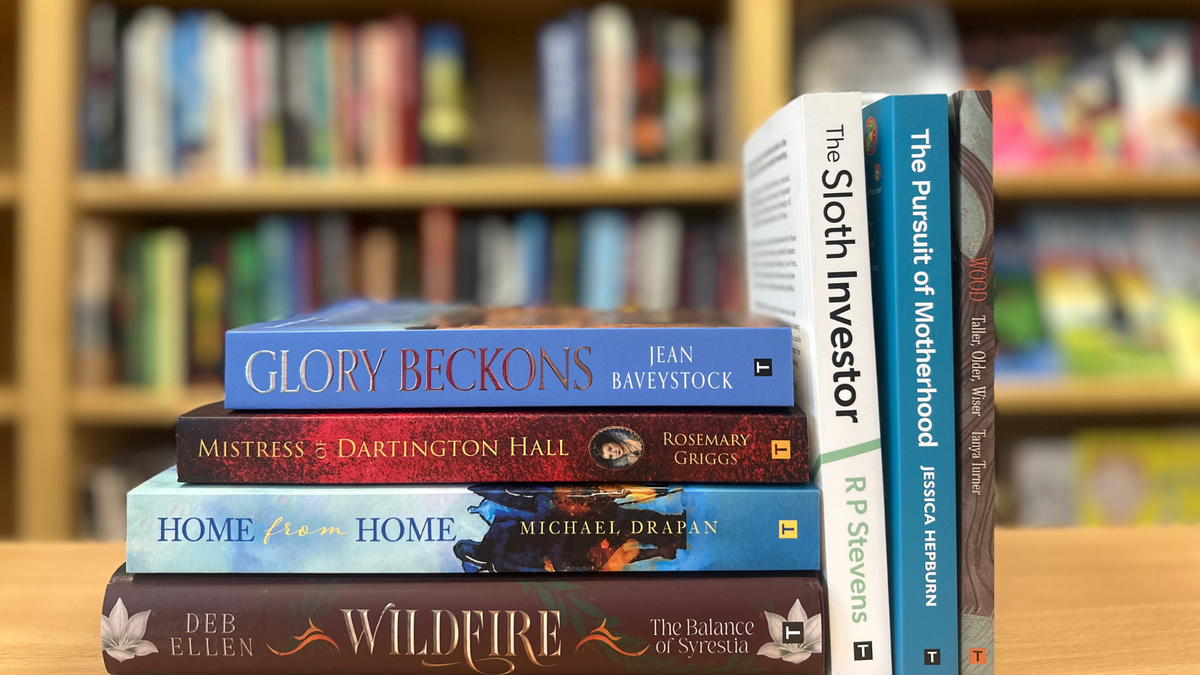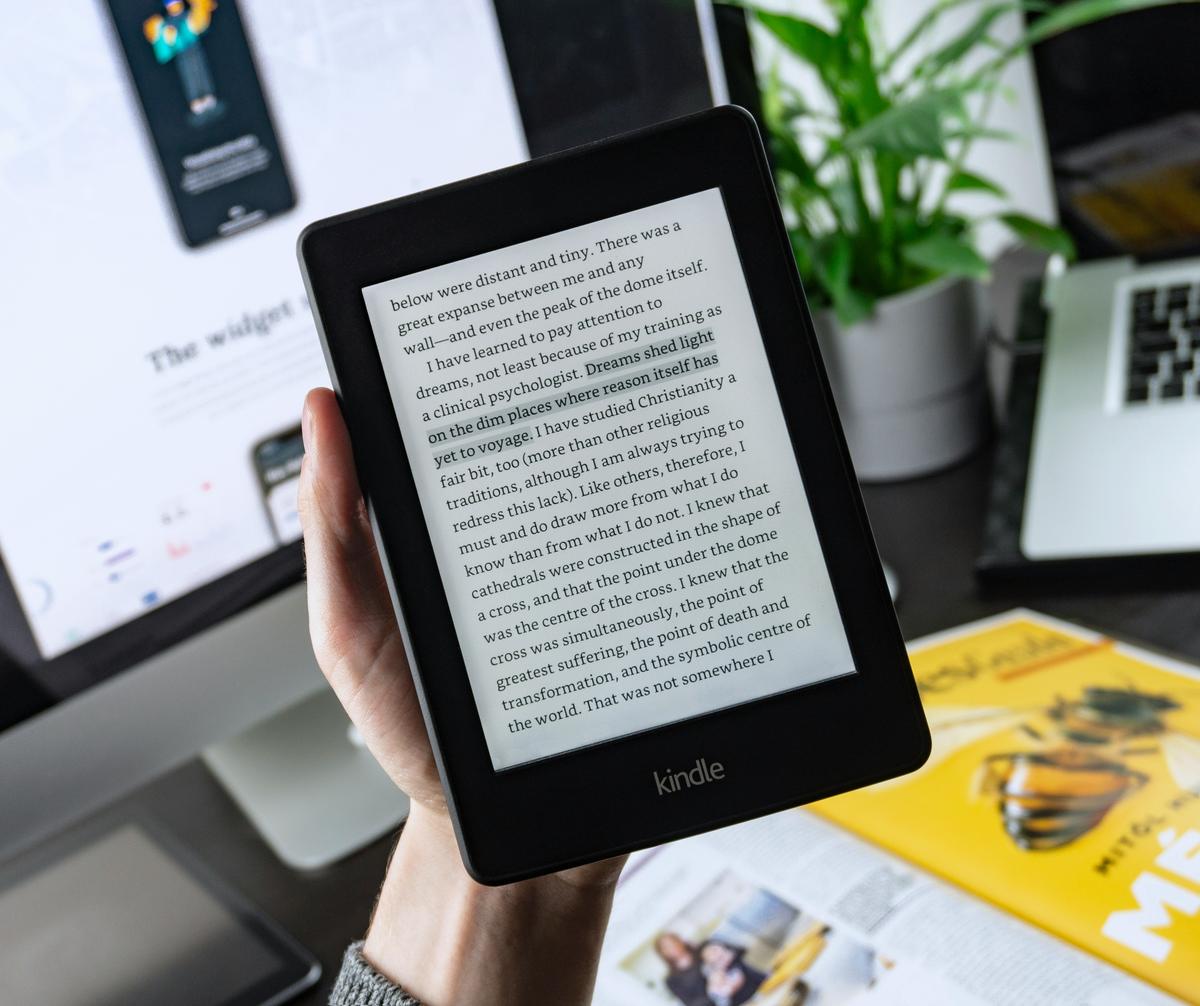
5th June, 2024
9 min read
Is Free Publishing a Good Option for Authors? An Honest Analysis
Written by:
Alex Thompson
With the number of routes to publication bigger than ever, aspiring authors have unprecedented opportunities to get their work published without the traditional hurdles of finding an agent or a publishing house. One of the most accessible methods is free publishing, which allows authors to publish their books without upfront costs. In this article, we will explore what free publishing entails, who it is best suited for, the main pros and cons, and alternatives to free publishing. By the end, you will have a clear understanding of whether free publishing is the right path for you and what steps to take next.
What is free publishing?
Free publishing is the process of publishing a book without any upfront costs. This model has become increasingly popular with the advent of digital platforms that facilitate self-publishing. Most free publishing is done digitally (i.e. uploading a book into a digital platform) and the key providers in this space include Amazon Kindle Direct Publishing (KDP), but there are many others that authors utilise to get their work into the world. These platforms allow authors to publish their work electronically, and in some cases, in print through print-on-demand (POD) as well.
With free publishing, authors handle the entire process themselves, from writing and editing the book to uploading and promoting it. While this approach eliminates the need for financial investment upfront, it also means that authors must either possess or acquire a range of skills to produce a quality product ready to be uploaded.
Who is free publishing best suited to?
Free publishing is not a one-size-fits-all solution. It is particularly well-suited to certain types of authors. Firstly, those wanting mass distribution. Free publishing platforms like Amazon KDP offer worldwide distribution, meaning your book can be available to readers around the globe, maximising your potential audience. Saying that, free publishing will limit the ability that book has to be stocked in bookshops, so if having your book on the shelves of physical bookstores is not a priority, free publishing is a good option as most free publishing platforms focus on digital sales and POD rather than traditional bookshop distribution.
While it is possible to produce a quality book through free publishing, it often requires significant effort expertise and printing facilities that only a print run can offer – POD printed books are typically of a lower quality. Authors who are less concerned with achieving professional-grade design, formatting and printing might find this route better placed and more budget-friendly. Speaking of budget, free publishing is something to consider for those with limited financial resources. It provides a way to get their work out into the world without incurring upfront costs.
What are the pros and cons of free publishing?
There is a wide range of pros that free publishing offers. Firstly, free publishing is accessible to anyone with a manuscript. There are no gatekeepers, which democratises the publishing process and gives author back control over how and where they publish their work. As an example of this, platforms like Amazon KDP offer global reach to authors that publish through them, allowing your book to be available to a vast audience from the outset.
Self-publishing in general, but free publishing in particular, offers an author the opportunity to have full control over their work, from the content and design to the pricing and marketing strategies. In addition, unlike traditional publishing, authors are able to retain all rights to their work instead of having to sign them over to a publisher.
In terms of cons, again there are things for an author to consider before committing to free publishing. The process can be technically challenging. One author I spoke to early in 2024, for example, told me that it took her no less than 24 attempts to upload her children’s book to Amazon due to technical challenges. Her frustrations were compounded by the support from Amazon being limited to support documents and email support instead of an in-person team she could speak to directly to help her. Authors are on their own when it comes to editing, formatting, and marketing but they are also on their own throughout the publishing process too.
There are quality sacrifices that an author publishing for free will need to accept as well. Books produced through free publishing and POD services can suffer from lower quality compared to traditionally printed books. This is one of the many reasons why bookshops are highly unlikely to stock books published through free platforms, limiting physical retail opportunities. It is also worth noting that once a book is published on a free platform, it can be very hard to remove it. Additionally, some platforms require exclusive distribution rights, limiting future publishing options. Bookshops have very limited shelf space to dedicate to books and even less for independently published books. Plus, as you can imagine, a bookshop will very rarely stock any books that are published through free platforms as often they wouldn’t be able to anyway due to the exclusivity of the distribution through that platform, but also because the quality of end product is not good enough and they are direct competitors with those platforms for reader attention.
And finally, competition among those publishing for free is fierce. There are tens of millions of books published for free every year, meaning that for an author to get their book to be the one to stand out is very challenging indeed. Whereas books in bookshops get more space to catch the attention of those browsing, the digital publishing space is saturated with high and low-quality books alike, all of which are vying for the same audience.
Is free publishing really free?
The term “free publishing” is actually a little misleading. While there are no upfront costs to publish your book on platforms like Amazon KDP, there are financial implications to consider, royalties being the most prominent. Free publishing platforms make their money through royalties. They publish as many books as possible and make their money from those that sell. Authors receive a percentage of each sale, but the platform takes a significant cut. Understanding the royalty structure is crucial to avoid surprises.
Other aspects such as professional editing, cover design, and marketing often require investment as well. Most authors will not be able to complete every element of publishing a book themselves if they are aiming for a quality end product (there is nothing worse than a badly typeset book!) and so authors aiming for a high-quality product may incur these costs independently, too.
What do authors exploring free publishing need to know?
Before diving into free publishing, authors should consider several key factors. Firstly, and the thing I suggest you do as soon as you have finished reading this article, is to define your publishing objective. Being clear about what you hope to achieve with your book is incredibly important when it comes to choosing the best route to publication. For example, if you want to be stocked in bookshops free publishing will not be right for you. But, if you are more interested in attacking the digital-only market, it might be the best route for you to get your work into the hands of readers quickly and inexpensively. However, it might not be the best choice if you want a high-quality production process that results in a product that can hold its own against those that have been traditionally published.
Next, ensure you retain your rights and understand the royalty implications. Different platforms have varying terms, so read the fine print. If you are expected to give away any of your rights through either free or any other kind of self-publishing, we recommend that you pause, seek advice from an independent source and think hard about the implications associated.
Finally, if you do decide that free publishing is the best route for you, be prepared to handle the technical aspects of publishing and the marketing required to promote your book effectively. Of course, you may want to seek help with part of the process along the publication journey, but make sure you know what you will need to execute yourself before starting.
What alternatives are there?
While free publishing offers a viable route for many authors, there are alternatives worth exploring before you make a decision on what is best for you.
For example, authors on a budget can hire freelancers for specific tasks such as editing, cover design, and formatting. This approach allows for a more professional product without the overhead of a full-service publishing company.
One step beyond that are companies like Indie-Go that offer authors the ability to complete individual or multiple publishing services, but again leave the author to execute the majority of the publishing themselves elsewhere. This provides a good middle ground between full DIY and full-service publishing, allowing authors to outsource the tasks they are less confident with.
Companies like Troubador offer much more comprehensive services, guiding authors through the entire process from manuscript to market. This option can be more costly (although the cost of multiple freelancers can end up being more expensive in the long run) but will result in a higher-quality product and broader distribution opportunities through bookshops like Waterstones who we supply direct and retailers like Gardners and Amazon in addition to digital publishing and marketing options too.
What next?
If you are considering free publishing, I would highly recommend that you take the time to do your research. Use resources like the excellent team at Jericho Writers to learn more about the publishing process and the various options available. Knowledge is power, and understanding your choices will help you make an informed decision.
Throughout your research, ask questions. Reach out to organisations that offer full-service publishing or other forms of support. Ask about their processes, costs, and how they can help you achieve your objectives. For example, if you want to speak to us about how we can help you with no obligations, we offer free author consultations that authors can book at your convenience to speak directly to the team and have your questions answered.
After gathering information and considering your goals, decide whether publishing is the best path for you, whether that be free publishing or another route. If you choose to pursue free publishing, be prepared to handle the associated challenges and opportunities. If you decide on a more supported approach, explore the services offered by full-service self-publishing companies and quiz them on how they can help you. Don’t make a decision until you are totally satisfied with the answers you get!
If you find that you need more guidance or assistance, do not hesitate to seek out professional help. Click the banner below to learn more about our full-service self-publishing services and how they can help bring your book to life.
My final tip…
Take your time! Publishing your book should be a process that you think hard about and explore all the options available before you commit to a route to publication. If you decide to take a route to publication following copious amounts of research and thinking then you will undoubtedly make the right decision for you, but to jump to conclusions or not do your research may mean you end up going in the wrong direction.
Happy publishing!
Free publishing is an exciting and accessible option for many authors, offering the potential for worldwide distribution and full control over the publishing process. However, it is not without its challenges, including the need for technical expertise and the potential for lower-quality output. By understanding the pros and cons, defining your objectives, and exploring all available options, you can make an informed decision that best suits your needs and goals as an author. Whether you choose free publishing or another route, the most important thing is to get your story out into the world.




